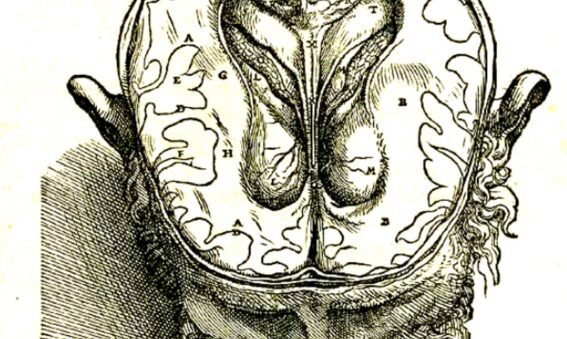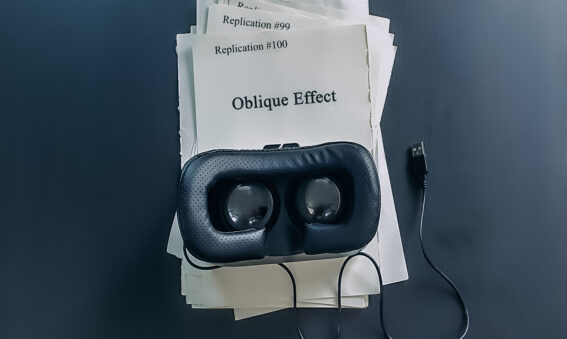The Jerusalem Syndrome describes a controversial, yet fascinating condition in which affected individuals exhibit psychosis-like symptoms elicited by a visit to the holy city of Jerusalem.
Neuropsychological research suggests that people do not all experience and memorize colors in the same way. One person’s ‘red’ could be another person’s entirely different color. In this post, Diana Wagner explores the implications of recent research on visual perception.
The Great Question of human existence is how to be happy and create meaning. In this indifferent universe we have nothing to rely on but ourselves. Today, we turn to Sisyphus to teach us the importance of existential therapy and show that awareness can be the path to meaning.
Recently, we studied the neural basis of medical reasoning. Based on the results, we challenge the popular concept of dual-process reasoning and propose a more integrative dynamic view. To that end, the old concept of ‘schematic-anticipation’ deserves a revival and we suggest that this may be backed by modern neuroscience.
Experiments have confirmed our visual preference for certain orientations numerous times. But have they all missed a very important aspect? This post investigates if the visual environment has an effect on the tasks during these experiments – and what such a finding would tell us about the how replications us as researchers.
Psychedelic drugs are commonly associated with recreational use. Recent findings however have shown that they possess a far more profound capacity. They can provide profound insights and relief from suffering from mental disorders. Not much is known about the exact mechanisms but existing findings are highly promising and truly astounding.
Many students nowadays prepare for exams with techniques that are known to be ineffective. Further, since the 1880s psychologists already now that the process of forgetting is stopped by timely spaced active retrieval. Combining this practice with other, more contemporary techniques make studying more productive and enjoyable.
Not only has COVID-19 been dominating global and international news for several months now but it’s also the main topic in conversations with friends and family. This post connects the Dunning-Kruger effect to a dangerous development of opinions and beliefs which can have severe consequences.
An exploration of the physiological and psychological benefits of nature and how a simple walk can help reduce some corona-related mental health concerns.
The “tip of the tongue” phenomenon is something we have all likely experienced at some point, but what causes this familiar but frustrating failure of recall? I discuss likely causes of the phenomenon and computer models of human memory.










